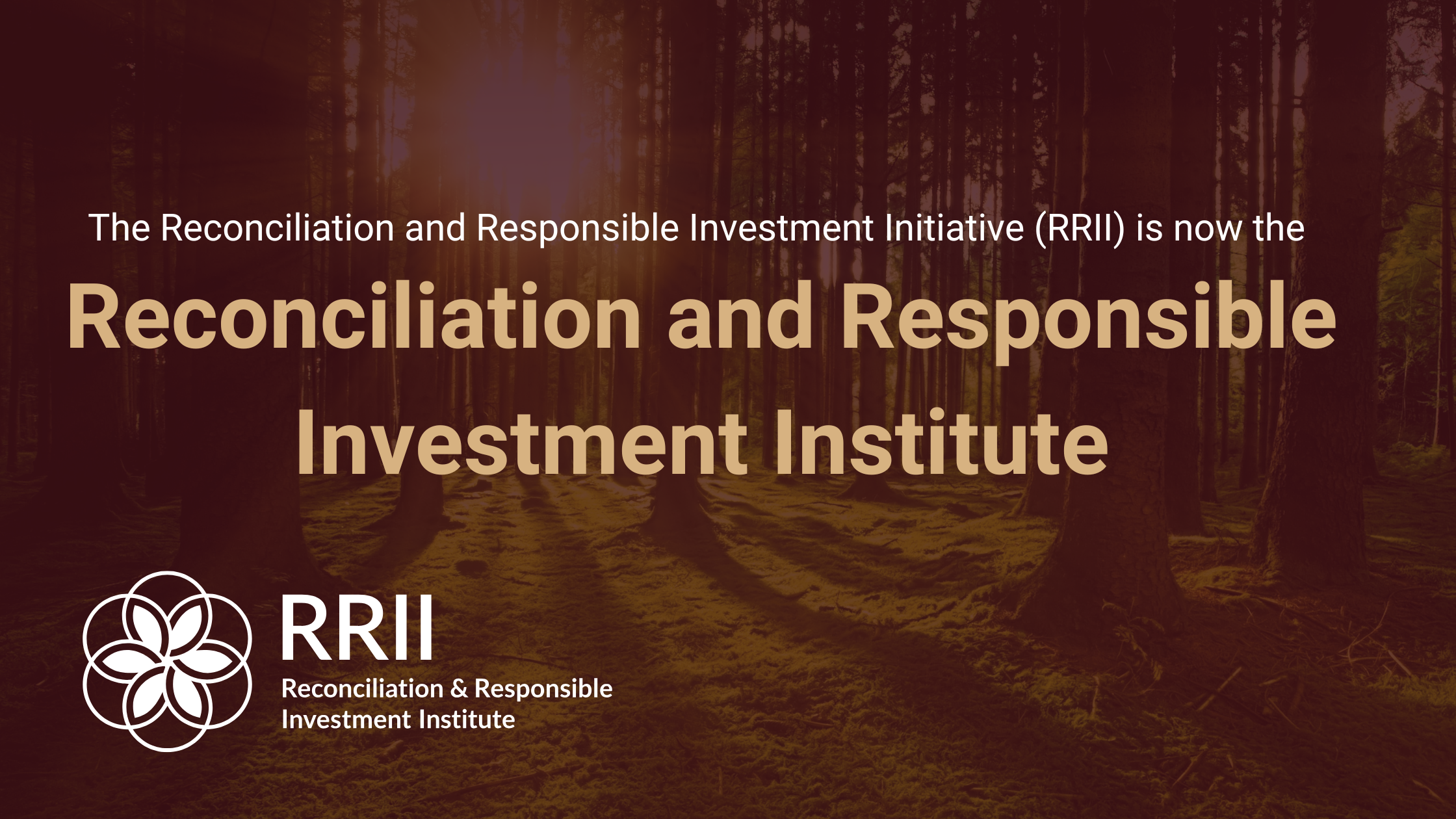By Mark Sevestre, Founding Member and Senior Advisor, NATOA
When the National Aboriginal Trust Officers Association (NATOA) was established in 2006, the level of investment knowledge and experience in Indigenous communities varied significantly. Many communities had settled longstanding land claims and other agreements where significant dollar figures were being managed and directed by First Nation Chiefs and Councils, Boards of Trustees, as well as Metis Development and Inuit Community Boards.
NATOA worked diligently to ensure these Indigenous groups developed the knowledge and understanding of trust governance and investment, with an initial emphasis on identifying and hiring appropriate investment professionals to manage these critical community assets.
NATOA knows that in order to work effectively with Indigenous investors, it is critical for investment professionals to understand the unique perspectives, traditional values, and aspirations that guide us as Indigenous people and Indigenous investors.
For example, as Indigenous people, our decision-making processes must account for the impacts of our decisions on future generations, while providing for those who are here today. We must also consider the impacts of our decisions on the land and on the ecosystems that sustain us all.
As investors, we have a fiduciary duty to our people – both current and future generations. As Indigenous investors, we also have a traditional and cultural duty to our elders and ancestors who made what we do today possible. Among the challenges we face is the need to address the immediate needs of our communities – including housing, health care, and economic development – while also looking at the long term, creating opportunities for our youth and a sustainable world for future generations.
One opportunity for Indigenous investors to express their unique perspectives, traditional values, and aspirations is by proactively exercising our rights as shareholders.
Through our ownership of shares in publicly traded companies, Indigenous investors have the right to vote on company business at company annual and special meetings. Usually, these voting rights are delegated to investment managers who execute the vote on behalf of Indigenous investors, sometimes using the advice of proxy voting service firms.
These voting rights are an asset of our funds and yet the vast majority of us do not know how voting decisions are being made on our behalf. How are our funds voting on ballot items that affect Indigenous communities? How are we voting on issues that matter to our people? How are our traditional and cultural values being considered in those voting decisions?
For example, recently, a shareholder proposal was brought forward by an investor in a major Canadian financial institution asking the bank to revise its human rights policies to ensure that, in its project finance and commercial lending activities, the bank is considering the finance recipients’ policies and practices for potential impacts on Human and Indigenous Peoples’ Rights.
The concern expressed by the shareholder was that the bank’s lending and financing of oil and gas projects, such as the Dakota Access Pipeline and the Trans Mountain Expansion Project, potentially face substantial risks to human and Indigenous Peoples’ rights violations without sufficient due diligence of how the project proponents are addressing these concerns. Both Dakota Access and Trans Mountain have faced opposition from Indigenous peoples on whose territories the projects are being built, highlighting the concerns of many with regard to free, prior and informed consent within the consultation processes with Indigenous communities.
I am the General Manager of a First Nation trust that was informed by one of our investment managers about this vote. The manager provided the shareholder proposal and rationale, the bank’s response, and the proxy voting service’s recommendation. In their analysis, the proxy voting firm stated that the bank’s policies were adequate and that the bank’s membership in the Equator Principles Association (EPA) was sufficient. Based on this analysis, the proxy voting firm’s recommendation was to vote against the shareholder proposal.
Our Trust did not agree. Our view was that the EPA guidelines are not sufficient because they do not establish a minimum standard for Free, Prior, and Informed Consent as set out by the United Nations Declaration on the Rights of Indigenous Peoples. So, the Bank’s reliance on a set of guidelines that do not meet our expectations for the protection of Indigenous Peoples’ rights was not something our Trust believed was in our long term interest.
The board of trustees for the Trust informed both of our investment managers that, despite the recommendation of their proxy voting service, our votes for our shares should be executed in support of the proposal. By directing how our shares should be voted, we believe we are standing up for Indigenous rights and strengthening the bank’s ability to be a leader and to better mitigate the risks associated with human and Indigenous rights violations.
However, had we not been made aware this vote was taking place, our investment managers would have followed a recommendation that was not in our best interest.
Proxy voting rights are vitally important and we, as Indigenous investors, need to be aware of how our voting rights are being executed on our behalf. Ask your investment manager how they voted your shares on this vote.


